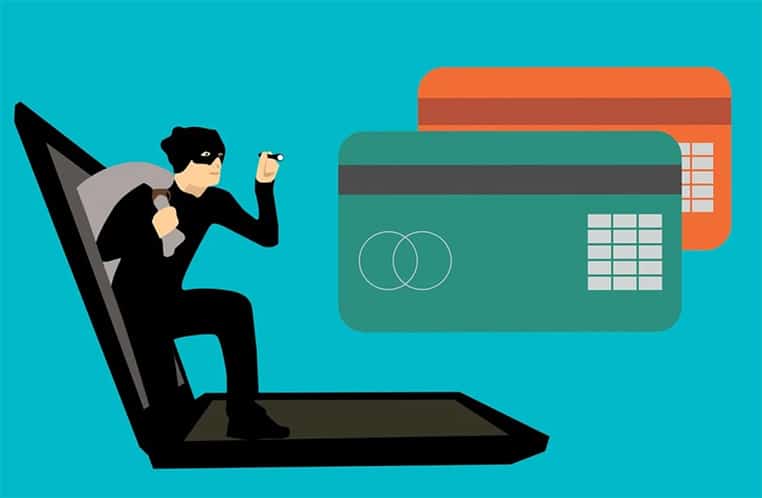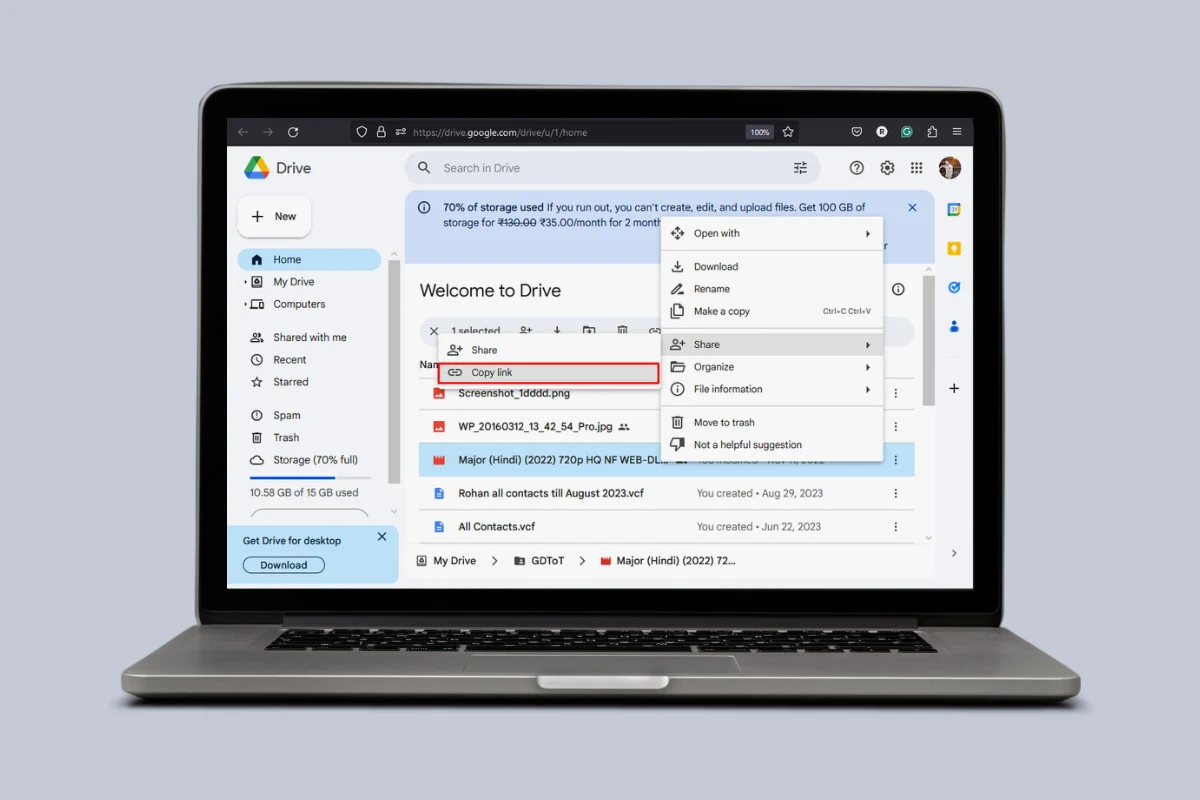
In this post, we will be discussing how to protect yourself from identity theft. You may have heard that it is a very big problem in the United States.
In fact, there are many people who don’t even know they have been victims of identity theft! If you want to avoid being one of these statistics, then please read on and follow our tips for staying safe.
How To Recognize Signs of Identity Theft?
The first step to protecting yourself is knowing what signs of identity theft to look for. If you notice any of these signs, then it is possible that your identity has been stolen:
- Unexplained withdrawals from checking, savings or retirement accounts
- Unrecognized and unexplained purchases and services on your credit card statements (such as magazine subscriptions or hotel stays you did not authorize)
- Unsolicited credit cards, loans and other financial products in the mail
- Missed bill payments that lead to penalty fees and additional services being charged on your accounts
- Receiving notification from a credit reporting agency that someone is using your Social Security number to apply for new lines of credit.
Note that there are other signs of identity theft, but these are most common. If you notice any of the above issues with your accounts, then please contact an identity theft protection company as soon as possible. They have trained staff who can help you navigate this process and get back to living life normally!
How Can I Protect Myself From Identity Theft When I Shop?
If you want to protect yourself, then you must take precautions before shopping online. This will reduce the chance of your identity being stolen. Some of the most common techniques that scammers use are phishing and spoofing.
Ways to protect yourself from identity theft and phishing
1) Use a password manager
We recommend using a password manager in order to generate strong passwords that are hard to hack. This way, you don’t have to give out your primary email address or home address if you get an email that asks for these details. Additionally, always check the web address of any form that asks for sensitive information! Never visit websites with strange domains!
2) Put passwords on your devices
This might sound like overkill, but it is 100% necessary if you want to protect yourself online. If your phone or computer gets stolen, then the thief can access all of your private information! Make sure that you lock all of these devices with a password; otherwise, anyone who finds them will be able to do whatever he wants on them.
3) Watch out for phishing attempts
You may have heard of phishing scams before, and you might think that they only target the elderly. In reality, however, even younger users can fall victim to these scams! Identity thieves will steal your personal information from online retailers when you make a purchase. Then, when you try to make another purchase on that site with the same credit card, they will redirect you to their website. This site will ask for your personal information again, and the thief will then steal it!
4) Never give out personal information over the phone
One of the biggest ways that identity thieves get your information is over the phone. They will call you up and tell you that they are from one of your financial or government institutions. Then, they will ask for your credit card number so that they can verify it! If this happens, please hang up right away and call back using your primary phone line. Beware of anyone who asks for your credit card number over the phone!
5) Check out your credit reports regularly
If you want to protect yourself, then you should always take the time to check your credit reports. Identity thieves can steal your financial information and damage your credit score, so this is one of the best ways that you can keep track of what they are doing. You can get one free copy of your credit report every year. If you want to increase your protection, you will need to subscribe to an identity theft protection service.
6) Protect your documents
This is one of the most important steps that you can take to protect yourself. Identity thieves will steal your personal documents for many reasons. They might want to open bank accounts in your name, obtain identification cards with your information, or obtain credit cards with your information. We recommend shredding any document with personal information; otherwise, the thief could access this information.
7) Limit your exposure to phishing
Simply staying away from websites that promote phishing attacks is the best way to protect yourself. However, we understand that it isn’t always easy to tell if a website is legitimate or not! If you are unsure about the legitimacy of a site, then check for security certificates in your web browser. These certificates can indicate whether or not a website is legitimate. As a general rule, we also recommend using a Mac or other Apple device to visit online stores and other websites that require your credit card information.
8) Check out the web address of any form you fill out
We know this sounds like basic advice, but it’s still important! Online forms will often have different web addresses or different domain names. If you access a site with a strange domain, then it might be a phishing scam! Check for security certificates in your web browser to see if the site is safe! Also, log out of a website when you are finished using it. This way, the thief will not be able to access your account if he gets his hands on your computer!
In conclusion, identity theft protection is very important! Even if you already feel safe, it might be a good idea to sign up for crime alerts from your local police department. That way, they will tell you if there have been any reported incidents of fraud in your neighborhood. In addition, we recommend subscribing to an identity theft protection service–it’s the easiest way to keep your information safe!






